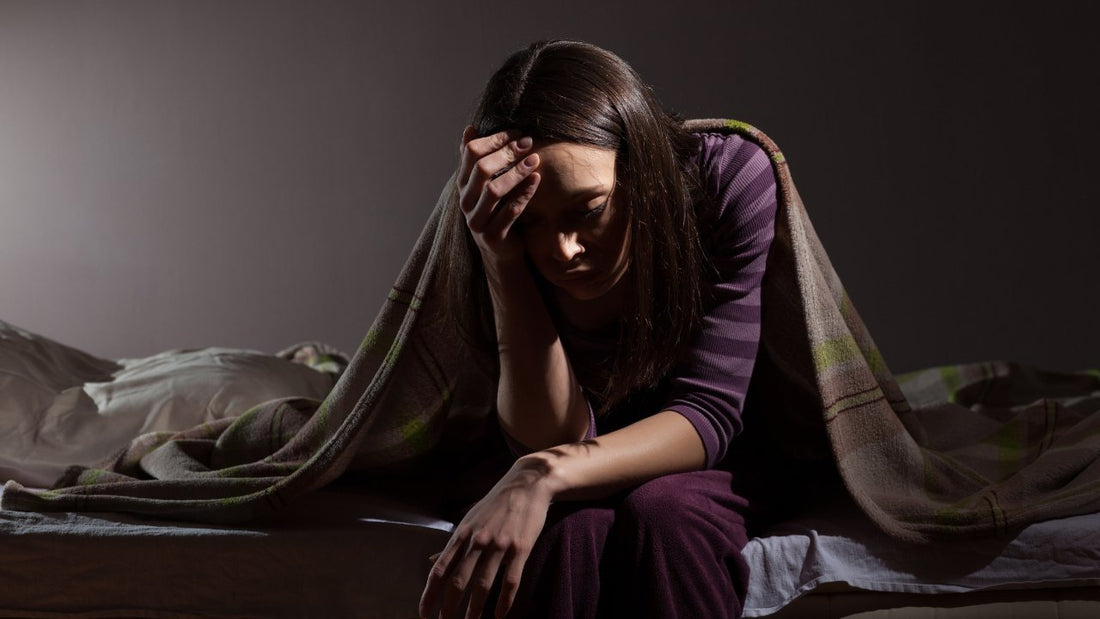A sleep study, also known as polysomnography, is a diagnostic test used to evaluate sleep patterns and diagnose sleep disorders. It involves spending a night in a sleep center where various physiological parameters are monitored while you sleep. However, what happens if you can't sleep during a sleep study? Will it lead to a failed sleep study?
Understanding Sleep Studies:
Before delving into what happens if you can't sleep during a sleep study, it's important to understand the purpose and procedure of the study. Sleep studies are typically conducted to diagnose sleep disorders such as sleep apnea, narcolepsy, insomnia, and restless leg syndrome, among others.
During a sleep study, you'll be asked to spend a night in a specialized sleep center. Sensors will be attached to your body to monitor various parameters such as brain waves, eye movements, heart rate, muscle activity, and breathing patterns. These sensors help sleep specialists analyze your sleep stages and identify any abnormalities.
What If You Can't Sleep?
It's not uncommon for individuals to experience difficulty falling asleep during a sleep study. Factors such as unfamiliar surroundings, discomfort from sensors and wires, and anxiety about the test itself can contribute to insomnia on the night of the study. However, sleep technologists are trained to handle such situations.
Tips for Falling Asleep:
If you're struggling to fall asleep during a sleep study, here are some tips that may help:
- Relaxation Techniques: Practice relaxation techniques such as deep breathing, progressive muscle relaxation, or visualization to calm your mind and body.
- Create a Sleep-Friendly Environment: Bring items that help you sleep better, such as your own pillow, pajamas, or sleep mask. Request adjustments to the room temperature or lighting if necessary.
- Stick to Your Routine: Try to maintain your usual bedtime routine as much as possible to signal to your body that it's time to sleep.
- Communicate with the Technician: Don't hesitate to communicate with the sleep technician if you're having trouble sleeping. They may be able to provide suggestions or make adjustments to improve your comfort.
- Be Patient: Remember that it's normal to feel nervous or uncomfortable during a sleep study. Give yourself time to relax and let sleep come naturally.
What if You Still Can't Sleep?
If despite your best efforts, you're unable to fall asleep during a significant portion of the night, don't worry. Sleep technologists are trained to work with individuals who have difficulty sleeping during the study. They will still be able to gather valuable data from the time you spent in bed, even if it wasn't a full night's sleep.
The Next Steps:
After the sleep study, the collected data will be analyzed by a sleep specialist. They will interpret the results and provide a diagnosis, if applicable, along with recommendations for treatment or further evaluation. Even if you didn't sleep well during the study, the information gathered can still be valuable in understanding your sleep patterns and addressing any sleep-related concerns.
In conclusion, while it's natural to feel concerned about not being able to sleep during a sleep study, it's important to remember that sleep technologists are experienced in managing such situations. By following their guidance and trying relaxation techniques, you can still contribute valuable information to the study and receive appropriate recommendations for improving your sleep quality.

